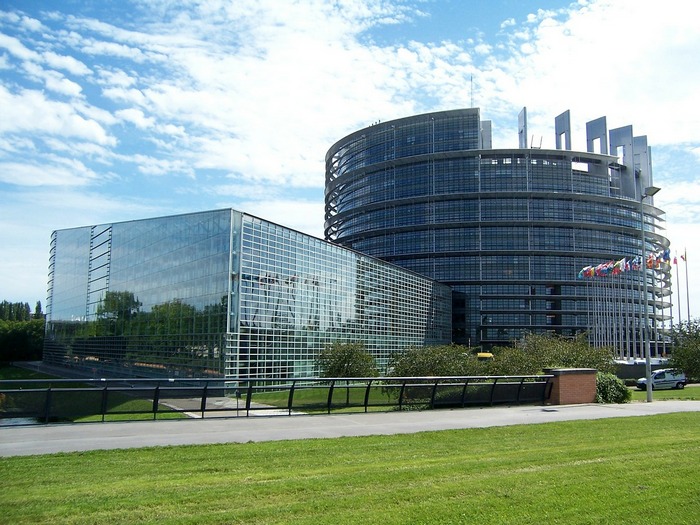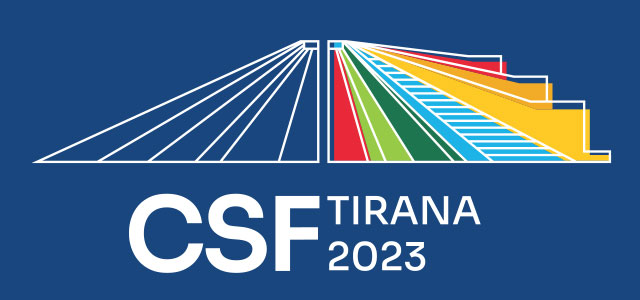The EU’s re engagement with the Western Balkans – a strong message for Reconciliation

The much anticipated EU strategy paper for the Western Balkans, published by the European Commission on 6th February will hopefully mark a new and dynamic phase in the EU’s relations with its nearest neighbourhood.
Entitled “A credible enlargement perspective for an enhanced EU engagement with the Western Balkans”, the document sets out a long term agenda to guide the countries of the region in the fulfilment of their EU accession objective. It represents a welcome and much needed call to action addressed not just to the countries of the region but also to the EU member states themselves. As the document states very clearly : “…the EU must remain credible, firm and fair, while upgrading its policies to better support the transformation process in the region. And it must fulfil its commitments as the Western Balkans fulfil theirs – in Europe’s own strategic interest “.
One of the many critically important elements contained in the document relates to reconciliation efforts and the European Commission’s determination to continue supporting initiatives such as RECOM which foster reconciliation and transitional justice in the region. This is as it should be. The EU is after all one of the best examples of overcoming the legacy of conflict and creating a process based on the rule of law. Even though the countries of the Western Balkan region must assume full ownership for the reconciliation process, the EU can offer not just its expertise but also financial support for international investigation experts that can assist transitional justice and Truth Commissions, similar to the support it provided to the Truth and Reconciliation Commission in South Africa.
Perhaps one of the biggest challenges in this context will be convincing all the political leaders and main actors in society in the Western Balkan region that the path to reconciliation is the only way to move from a divided past to a shared future. Promoting reconciliation and building trust between the different communities within the region itself – a region still burdened by the harsh heritage of the past, will ensure that the objective of economic and social justice throughout the region as well as political stability based on the rule of law is sustainable in the long run.
There are some who still consider that reconciliation can be achieved without confronting the past. Some have tried to brush everything under the carpet with the call to “forget the past”, “turn the page and start anew”; others have launched a process that has more to do with political revenge and retribution than with justice.
That is why the courageous efforts launched by RECOM calling on the leaders attending the forthcoming summit under the Berlin Process scheduled to take place in London, to establish a regional truth commission should be supported. The establishment of such a commission to determine the facts about victims of war crimes and other human rights violations in the former Yugoslavia from 1991 to 2001 would constitute a major step in restoring confidence in the ability of the region to deal with the past while promoting reconciliation and respect within society.
Making sure that the newly established commission operates effectively across the Western Balkan region will require a new level of cooperation between civil society actors at national and local level, including youth and women’s organisations, working together with political parties, and inspired by the words of one of the world’s greatest examples of moral authority and leadership, Nelson Mandela, “Reconciliation means working together to correct the legacy of past injustices.”
It will also be vital that this effort becomes a permanent part of the narrative for each country’s journey to EU integration. It should feature as a prominent goal at all stages of the EU/Western Balkan agenda, whether in the context of the Berlin process or of future EU/Western Balkan summits following the one scheduled for Sofia in May, which will hopefully herald a new momentum in the EU’s re engagement with the Western Balkan region.
The European Parliament should, as part of this effort, play a pro active role, by, for example, establishing a network of “Friends of Reconciliation”. Through this network the main political parties present there could promote with their sister parties in the Western Balkan region a more mature political dialogue, respect for democratic standards and greater efforts towards reconciliation within the region. Leadership in the region and perseverance will be critical if success is to be achieved.
Erwan Fouéré, Associate Senior Research Fellow at the Centre for European Policy Studies and former EU Ambassador in Macedonia
